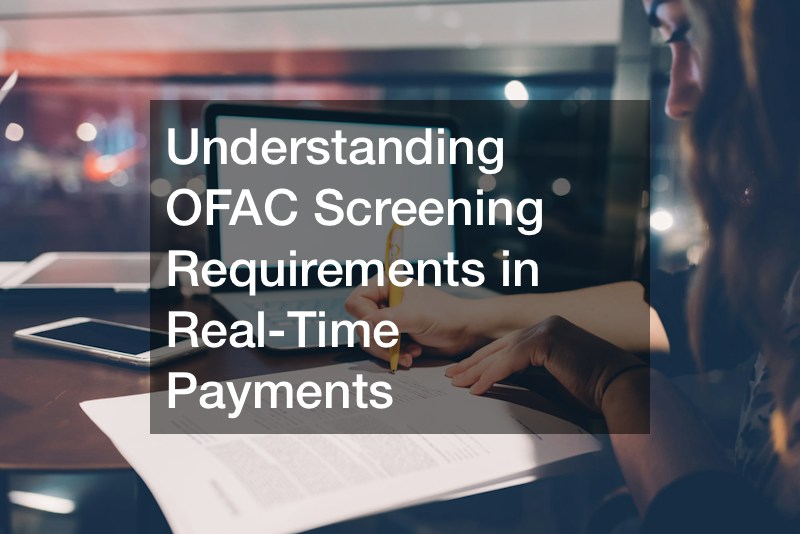
Real-Time Payments (RTP) have become a significant part of financial transactions, but there is often confusion about the Office of Foreign Asset Control (OFAC) screening requirements associated with them. The OFAC compliance program is a crucial element, requiring participants to have a written plan to ensure adherence to sanctions and regulations.
Contrary to common misconceptions, the OFAC screening requirements for RTP don’t necessarily entail scanning every transaction. The compliance program should be designed to promote and monitor adherence to sanctions and regulations in a reasonable manner.
Every transaction involving a US financial institution is subject to OFAC regulations, and any violation is considered unlawful.
RTP provides valuable information like account and routing numbers, and while additional data may trigger Know Your Customer (KYC) rules, it doesn’t necessarily mandate scanning each RTP transaction. The speaker emphasizes that scanning practices depend on the nature of payments, with international transactions requiring more scrutiny.
Clearing up misunderstandings, the speaker encourages financial institutions to adopt general standards and sound business practices for OFAC compliance. The OFAC screening requirements should be met through comprehensive programs rather than scanning each transaction individually. This distinction is vital to ensure that compliance is maintained effectively without unnecessary scanning burdens for domestic RTP transactions.
.




